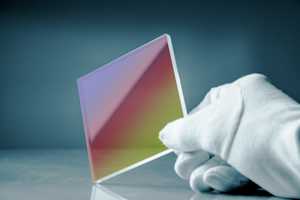Janez Košir
MSc in Materials Science
Inorganic Materials & Batteries

Janez Košir is a Materials Testing Expert whose key areas of expertise include lithium-ion battery development, semiconductors, and microfabrication. He manages customer projects that utilize numerous analysis techniques, including XRD, SEM-EDX, TGA, Raman spectroscopy, and cyclic voltammetry.
Janez holds an MSc in materials science from Aalto University and is currently finishing his doctoral degree at the same institution. He has co-authored several academic publications, including the following:
Comparative analysis on the thermal, structural, and electrochemical properties of Al-doped Li7La3Zr2O12 solid electrolytes through solid state and sol-gel routes in Solid State Ionics
Fabrication and design rules of three dimensional pyrolytic carbon suspended microstructures in Journal of Micromechanics and Microengineering
The effect of the pyrolysis temperature and biomass type on the biocarbons characteristics in ChemSusChem

